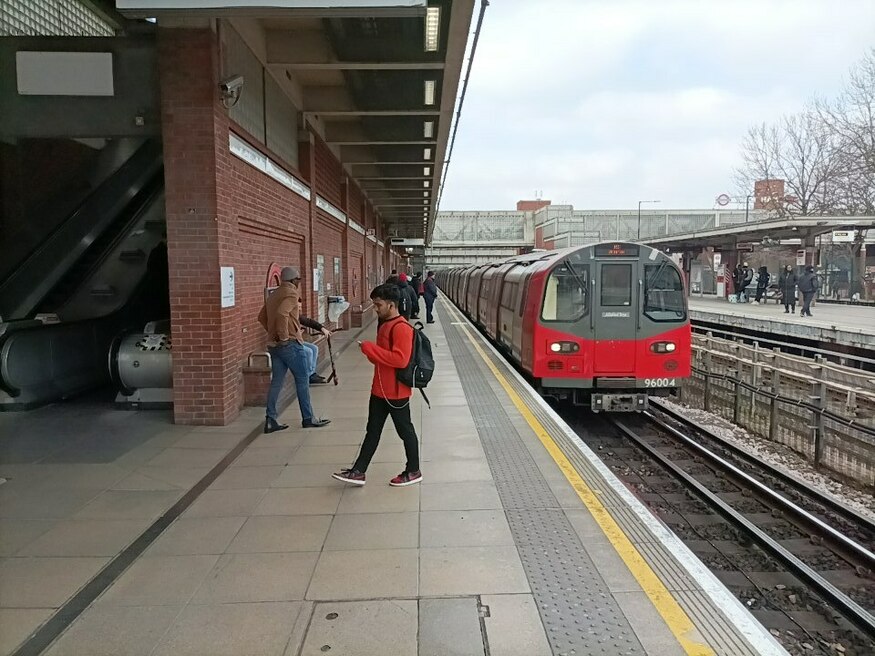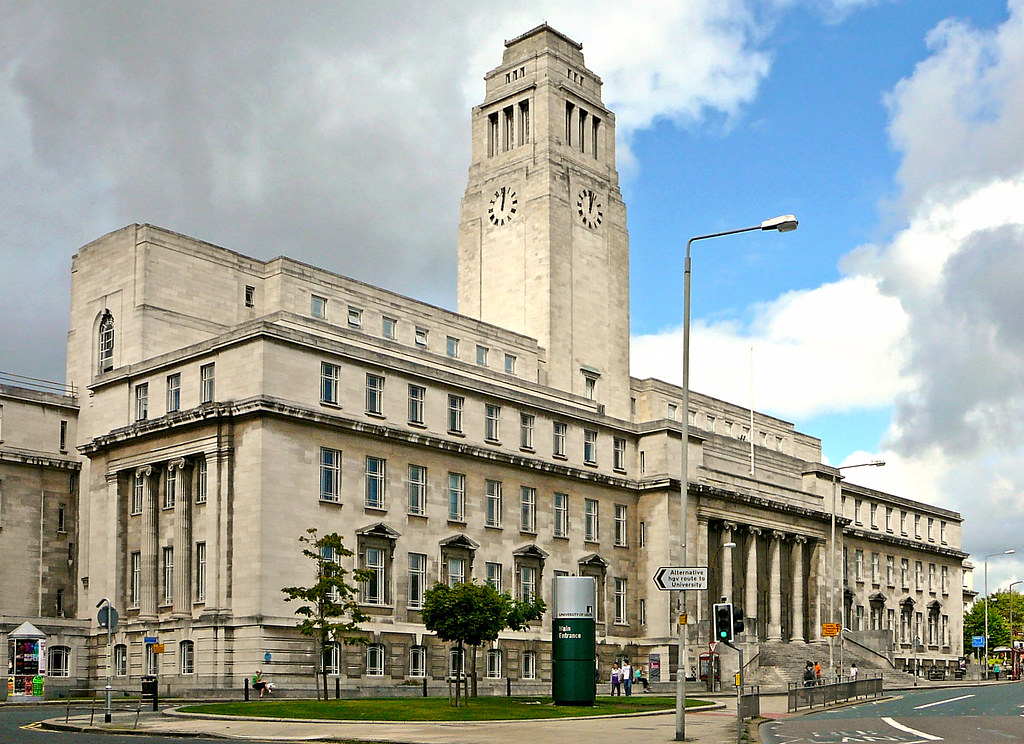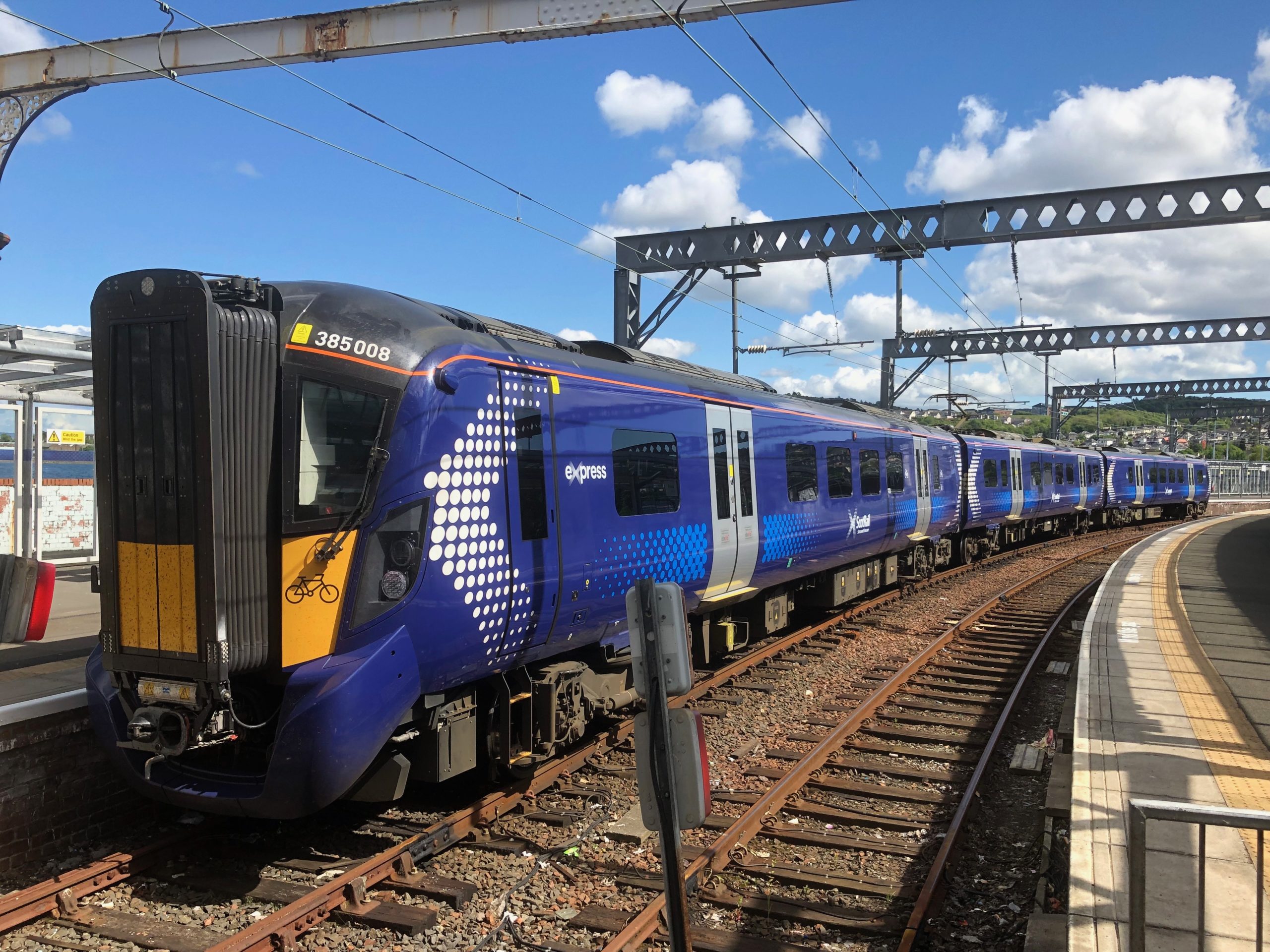
Introduction to Tube Strikes
Tube strikes in London have become a significant concern for commuters and local businesses alike. With the city heavily reliant on its extensive underground transport system, any disruption leads to widespread impact. In recent months, strikes have been initiated due to ongoing disputes concerning pay, working conditions, and job security, raising questions about the future of London’s transport infrastructure.
Recent Events Leading to Strikes
In October 2023, members of the RMT (National Union of Rail, Maritime and Transport Workers) announced industrial action following failed negotiations with Transport for London (TfL). The union argues that members are facing increasing workloads without corresponding pay rises, exacerbated by the cost-of-living crisis. This situation has led to strikes being scheduled on strategic dates, including weekends and major transport holiday periods, maximising their impact.
Additionally, the strikes have been nourished by critical reports detailing overcrowding and unsafe working conditions in several tube lines. According to recent data from TfL, incidents of delays and cancellations have surged by nearly 20% compared to this time last year, prompting heightened frustrations among employees and the public. The union leaders insist that substantial changes are required to ensure a safe working environment for staff and a reliable service for passengers.
Consequences of Tube Strikes
The consequences of these strikes are felt not only by commuters but also by businesses that rely on foot traffic and timely transportation. During recent strikes, transport services were severely limited, impacting attendance at major events and disrupting key economic activities within London. A transport consultancy group noted a downturn in revenue for retail businesses located near tube stations by an average of 30% during the strike periods.
Conclusion and Future Implications
As tube strikes continue to be a point of contention, the forecast for London’s public transport system remains uncertain. Negotiations between union representatives and TfL are set to resume, and the outcome may dictate whether the strikes will continue or lead to a resolution. For commuters, these ongoing disruptions underscore the need for diversified transport options such as cycling and bus services. The resolution of these disputes is essential not just for the immediate relief of commuters, but also for the economic stability of London as a whole.
You may also like

An Introduction to Crime 101: Exploring Its Basics and Impact

Leeds Train Station: A Key Transport Hub in the UK

The Importance of ScotRail in Scotland’s Transport Network
SEARCH
LAST NEWS
- Remembering Wendy Richard: The Promise to Co-Star Natalie Cassidy
- How Did Anglian Water Achieve an ‘Essentials’ Rating for Mental Health Accessibility?
- Shai Hope Leads West Indies in T20 World Cup Clash Against South Africa
- What We Know About Weston McKennie: Future at Juventus and Past at Leeds
- What We Know About the Upcoming Live Nation Antitrust Trial